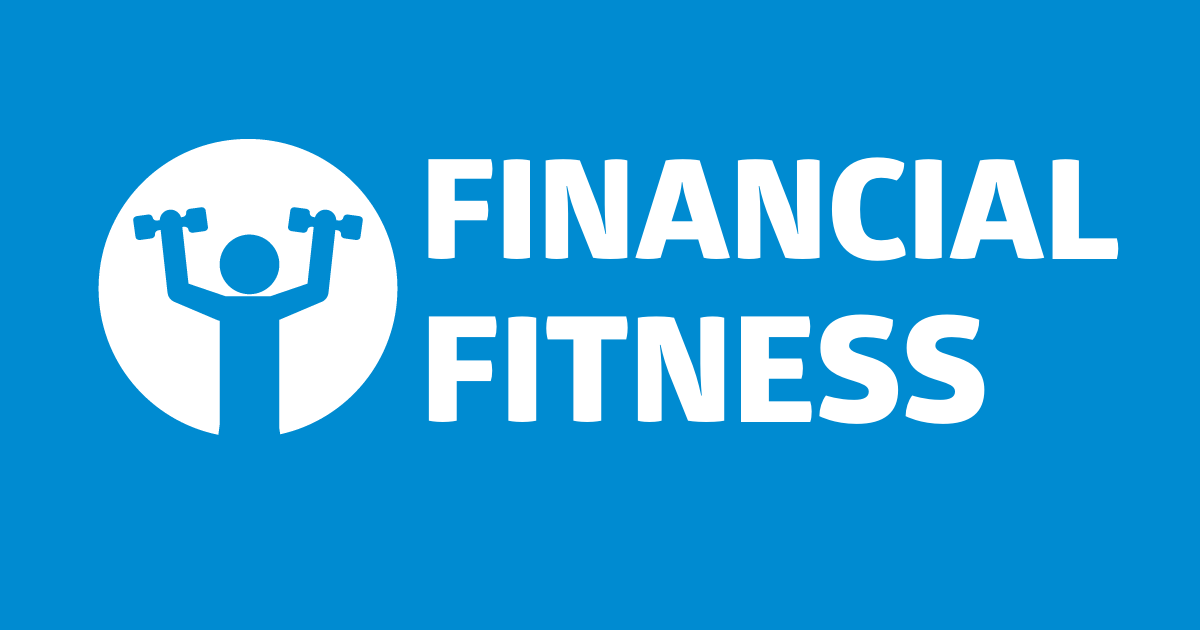By Charlestien Harris
As a financial counselor, I get a lot of questions and concerns about which financial products can best suit my clients’ financial goals. One such product of interest is the certificate of deposit or the CD as it is most-commonly known. A CD is a type of savings account that is commonly used to save money for a specific amount of time and purpose.
CDs have a fixed interest rate that’s usually higher than a regular savings account, a fixed term length and a fixed date of withdrawal, known as the maturity date. You can deposit funds into a CD for a term generally between three months to five years and sometimes for longer time periods. CDs typically don’t have monthly fees, but most have an early withdrawal penalty. Like regular savings accounts, certificates of deposit are federally insured.
So, how do CDs work? The process for opening a certificate of deposit starts off the same way as other bank accounts. At some banks you can apply online, but most customers tend to come in person to a financial institution to open an account. With a “regular” savings account you can make several deposits at any time, but with a certificate of deposit account your initial deposit will almost always be the only deposit you can make. You can’t add contributions over time like you can with a regular savings or checking account.
The interest earned in a CD is usually compounded and credited to the account, either daily or monthly, and you receive it all when the CD ends. Once a CD’s term ends, a bank will typically renew your CD at your request or allow you to withdraw the funds deposited plus the interest accrued during the maturity term. When a CD matures, there’s a grace period of about a week in which you can make withdrawals before the next maturity date which may be subject to a penalty.
When should you choose a CD over a regular savings account? One of the reasons to choose a CD is because you want to protect designated money you set aside for savings. If you have money set aside for a large future purchase such as a car or down payment for a house, in a couple of years, a certificate of deposit can be a good way to keep it safely kept out of reach and as an added plus-it earns interest! If you are a person that likes to invest but doesn’t like the risks involved, such as the volatility of the stock market, you may want to look into a certificate of deposit as a financial tool to achieve your financial goals.
You do have some choices when it comes to the length of time a CD can be held. Besides the five-year and ten-year or beyond CD, other time lengths such as three-month, six-month or one-year CDs might work better for you if you’d rather have access to your money in months instead of years.
When is it better to stick with a regular savings account? The answer might be connected to a bigger question-when will you need the money? For savings you might need in a pinch, including your emergency fund you might want to choose a regular savings account. Cashing in a CD early and paying a penalty can be a blow to your reason for saving in the first place. When you’re building up savings, a CD requires a lump sum deposit upfront and doesn’t allow you to add contributions over time. A savings account may be better suited for growing your wealth little by little.
Whether you choose a regular savings account or a certificate of deposit, it is important that you establish a savings goal as part of your financial planning. If you need additional help with achieving this goal or information about financial topics of interest, please feel free to call one of our HUD certified housing counselors to set up an appointment. You can reach us at www.southernpartners.org or call me, Charlestien Harris at 662-624-5776. You can also access additional information located in our financial library at https://banksouthern.com/financial-education/. Until next week, stay financially fit!
